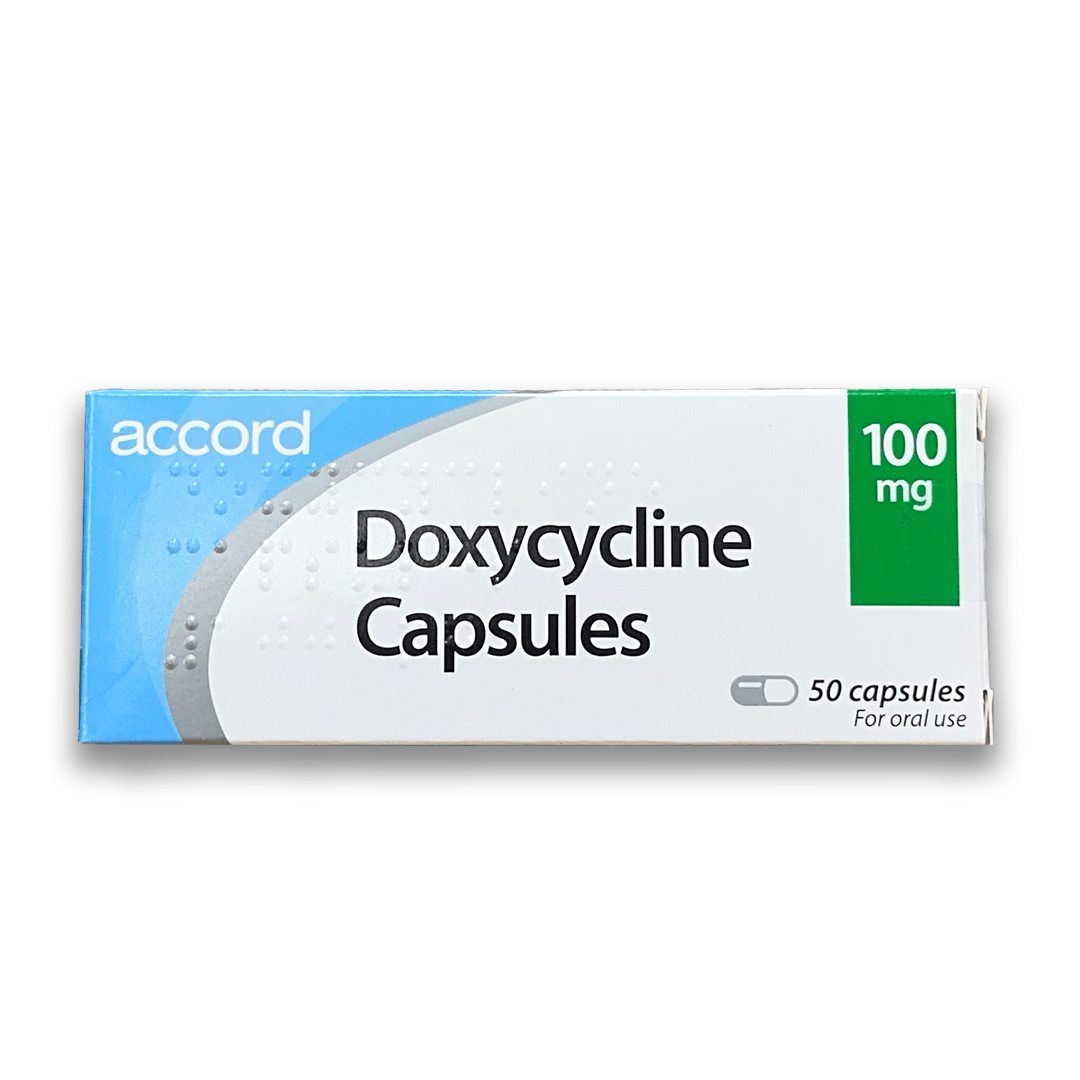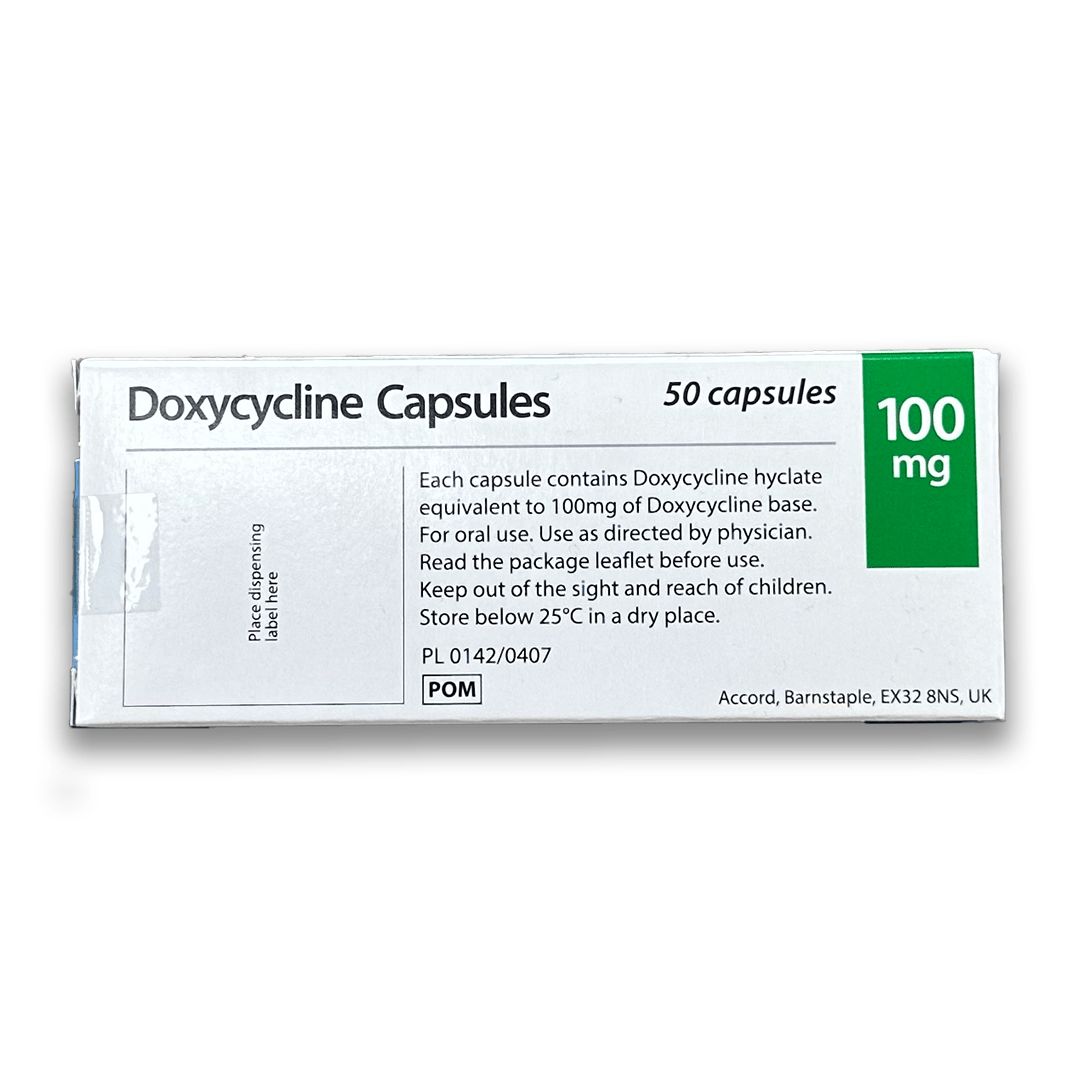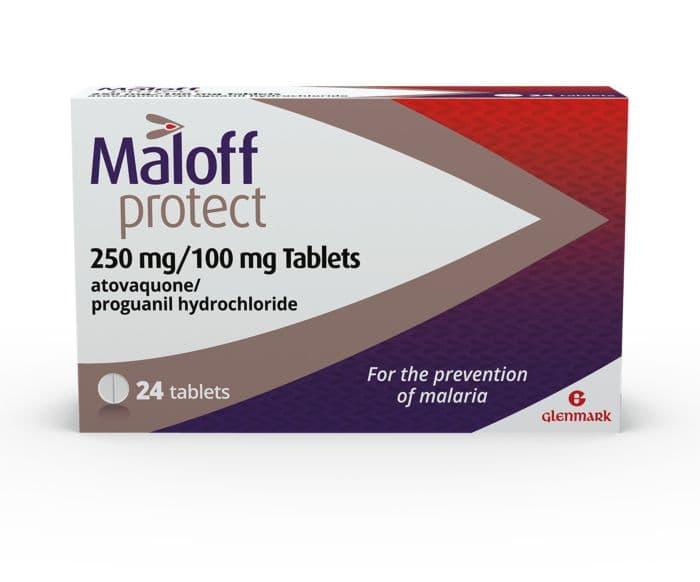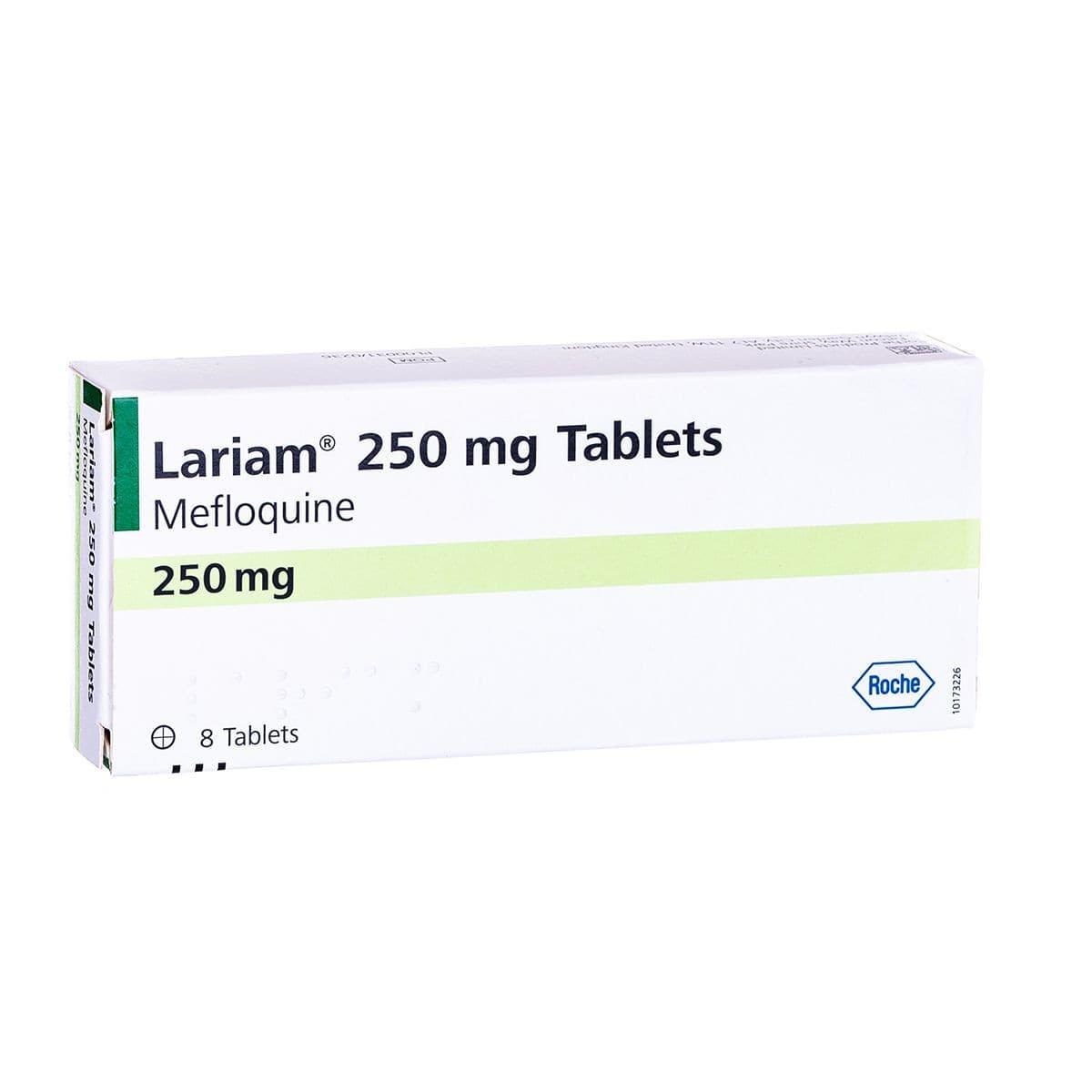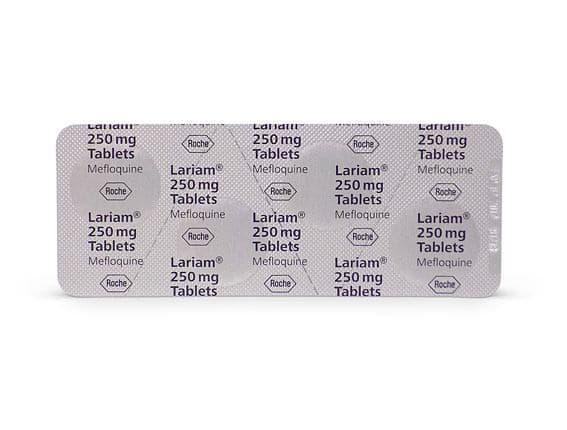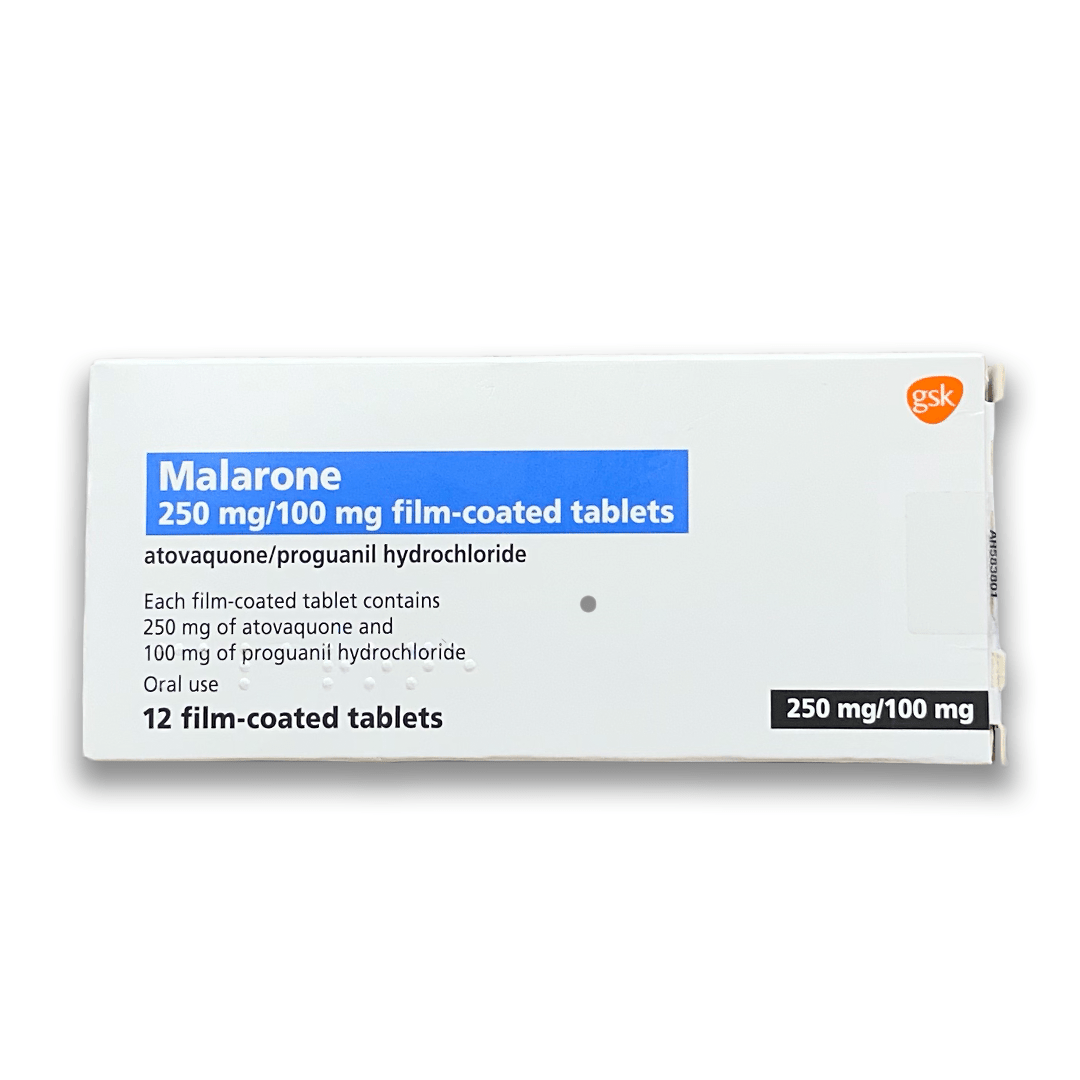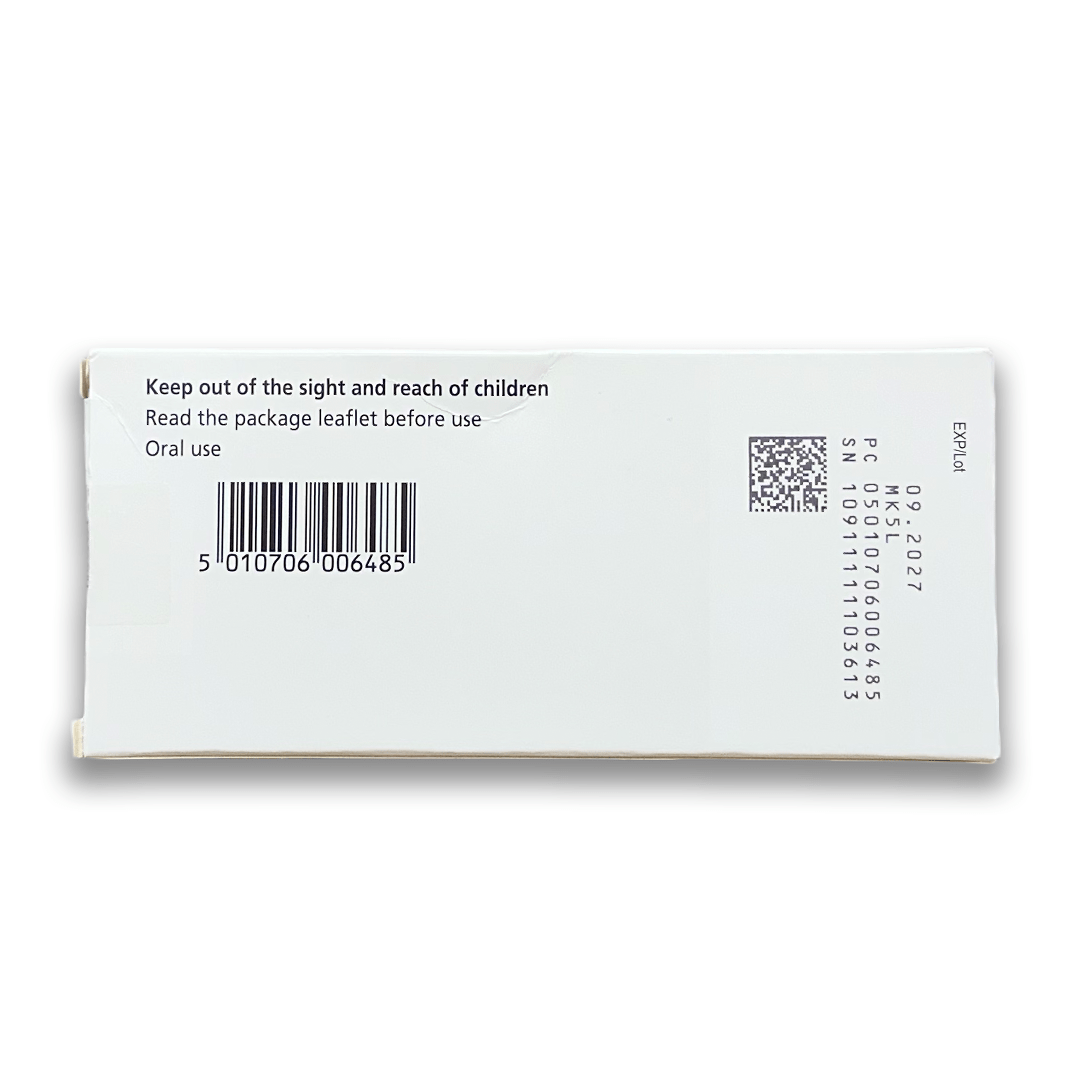Vendor:Accord
£ 9.99
Vendor:Glenmark
From £ 41.99
Vendor:Neon Healthcare
From £ 20.99
Vendor:Glaxo Wellcome
From £ 33.99

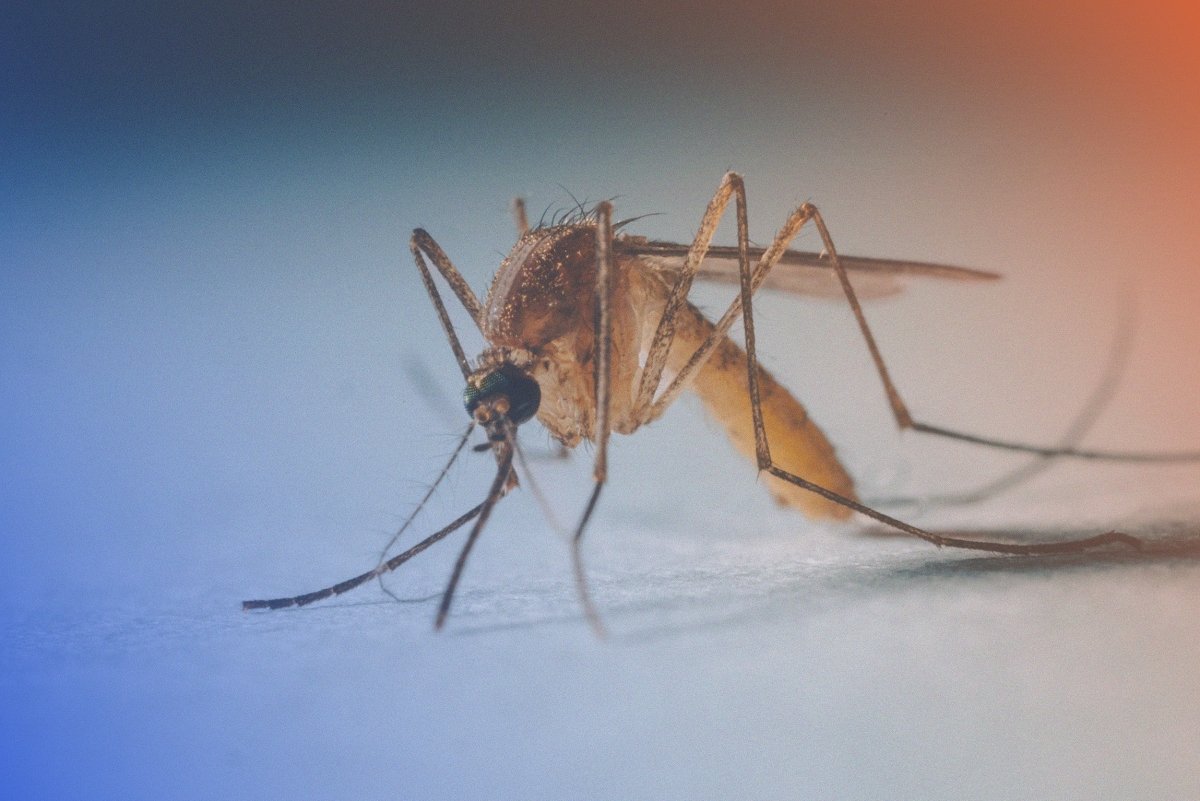
About Malaria Chemoprophylaxis
Causes
Diagnosis
Treatments
Prevention
Further Info
FAQs
Can I rely solely on chemoprophylaxis to prevent malaria?
Are there any side effects associated with malaria chemoprophylaxis medications?
Can I take the same malaria chemoprophylaxis medication for all destinations?
Is malaria chemoprophylaxis recommended for pregnant individuals?
We are here to help 👋
For assistance, please contact our customer service at info@rightangled.com. We are available Monday to Friday from 8 am to 5 pm. For urgent issues, please do not use this email. Instead, call 111, or dial 999 in case of an emergency.

